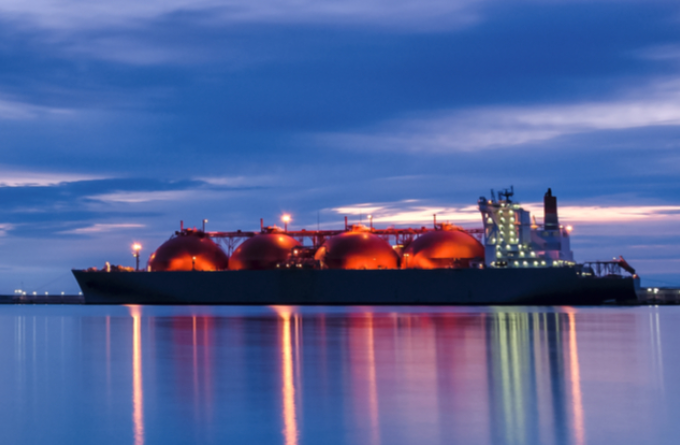European gas prices are set to remain “weak” this winter with the market unable to absorb the ongoing surplus of LNG, which has led to an unprecedented number of stranded cargoes, market participants told Montel.

The November contract on the Dutch TTF hub, Europe's most liquid, was last seen at a three-year low of EUR 15.25/MWh.
There were at least 10 LNG cargoes in the region stranded offshore, said Kjell Eikland, founder and director of Oslo-based consulting firm Eikland Energy, adding the logjam could worsen amid limited capacity in regasification plants and more supply entering the market.
“It’s a classic surplus situation that markets can’t absorb and the only solution is to not take their LNG cargoes. “
“This type of market surplus with ships pilling up all over the place hasn’t even happened in Asia. It’s amazing,” said Eikland.
“It’s going to be quite a weak winter [for prices],” said Laura Page, lead LNG analyst at Refinitive.
Price Drag
Europe’s declining demand amid a global economic slump and gas reserves at record highs, along with robust hub-priced piped supply from Russia and Norway, have coupled with an unprecedented availability of cheap LNG that was dragging prices lower, she added.
The LNG build-up cold worsen as Iberia, the biggest LNG importer normally priced at a premium to European markets, turned away 11 cargoes in September, with nine more expected this month.
“We are talking about a surplus that is going to last for some weeks before upstream and downstream could be balanced. The industry has not faced this before,” Eikland said.
“Winter would have to come this week and last a few months to absorb the gas. You are going to see negative prices [to unload LNG]. People are paying to get rid of LNG. This will last a few weeks,” he added.
“This market is changing,” said Wayne Bryan, analyst at Alfa Energy, adding steady growth in global LNG supply “in the midst of a global economic slowdown” would make it harder to balance the gas market.
Growing Glut
Even in the case of a cold winter, the European market would struggle to absorb the LNG glut, though the possibility of Russian supply cuts if no transit deal was struck with Ukraine could lead to a price spike, analysts said.
Asian demand is not picking up the excess LNG either. "What you are really seeing is Asia doesn’t need LNG, so [its LNG prices] are tracking Europe."
Companies with flexible, long-term LNG supply contracts were already slowing or cutting their scheduled deliveries, said Eikland.
“I’ve been waiting for that to happen. It’s the only way to clear the market. It’s that desperate. You can’t place any more volumes.”
“What you can potentially see is deeper maintenance,” said Page. “We’ve been seeing Norway flexing down on their volumes”, citing an outage at the country’s Troll field and also “winter maintenance at LNG plants”.
“What is exciting is what happens now. No more storage, no more tanks, so something has to give,” said Eikland.